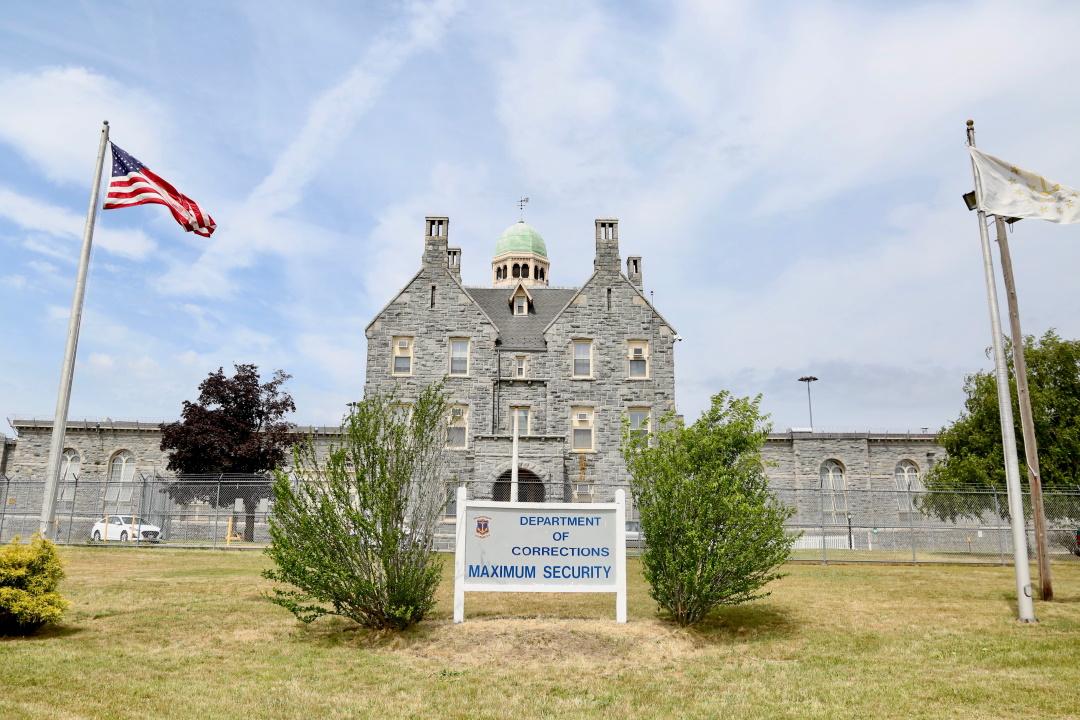Behind Bars and Battling Bias: Muslim Inmates Challenge Rhode Island Prison's Faith Restrictions

In a bold legal challenge, Muslim inmates at Rhode Island's Cranston high-security prison complex have taken a stand against what they claim are unconstitutional restrictions on their religious freedom. The prisoners, represented by attorney Jared Goldstein from Roger Williams School of Law and legal experts from the American Civil Liberties Union, filed a federal lawsuit on Thursday challenging the prison's policies that allegedly infringe upon their right to practice their faith.
The lawsuit highlights the ongoing struggle for religious accommodation within the state's correctional system, bringing attention to the fundamental rights of incarcerated individuals to maintain their spiritual practices. By bringing this legal action, the inmates are seeking to ensure that their religious liberties are respected and protected, even within the confines of a maximum-security facility.
Legal advocates argue that the current restrictions not only violate constitutional protections but also undermine the principles of religious freedom that are fundamental to American civil rights. The case promises to shed light on the complex intersection of institutional regulations and individual religious expression.

